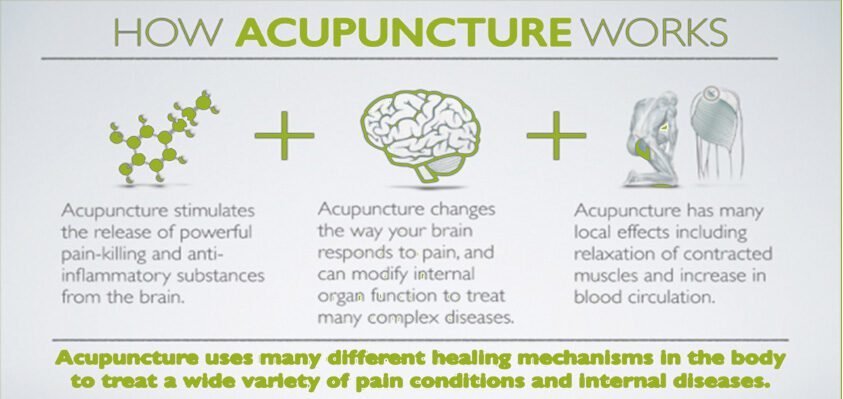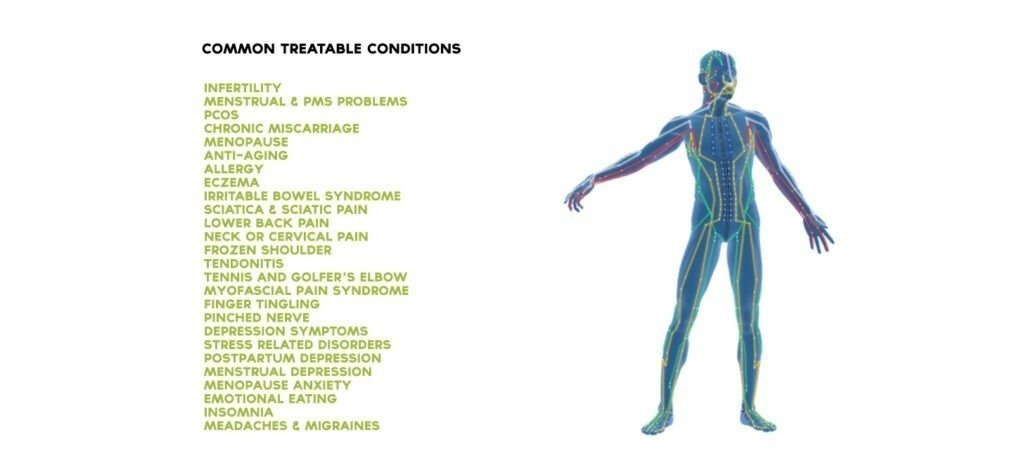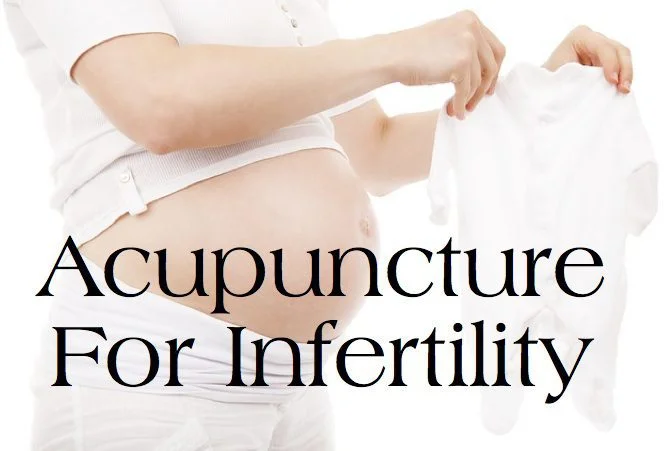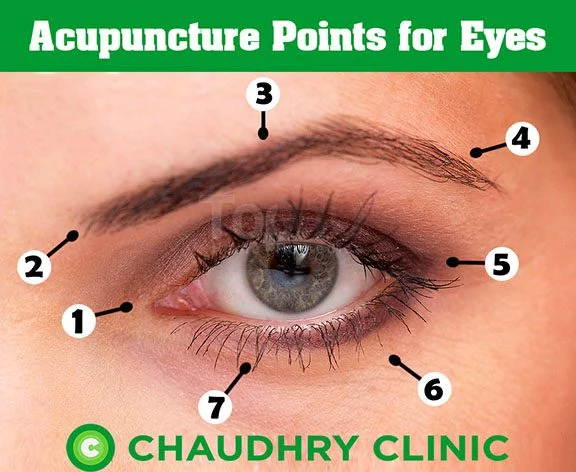ACUPUNCTURE
- Home
- ACUPUNCTURE
What is it Acupuncture ?

How does acupuncture work?
What is the scope of acupuncture?
Acupuncture is a system which can influence three areas of health care:
- Promotion of health and well-being
- Prevention of illness
- Treatment of various medical conditions
While acupuncture is often associated with pain control, in the hands of a well-trained practitioner it has much broader applications. Acupuncture can be effective as the only treatment used, or as the support or adjunct to other medical treatment forms in many medical and surgical disorders.
Heal the Sunnah Way
The World Health Organization recognizes the use of acupuncture in the treatment of a wide range of problems, including:
- Muscular and neurological disorders: headaches, facial tics, neck pain, rib neuritis, frozen shoulder, tennis elbow, various forms of tendonitis, low back pain, sciatica, osteoarthritis.
- Digestive disorders: gastritis, and hyper-acidity, spastic colon, constipation, diarrhea.
- Respiratory disorders: Sinusitis, sore throat, bronchitis, asthma, recurrent chest infections.
- Urinary, menstrual, and reproductive problems.

Frequently Asked Questions
The number of treatments needed differs from person to person. For complex or long-standing conditions, one or two treatments a week for several months may be recommended. For acute problems, usually fewer visits are required, and for health maintenance, four sessions a year may be all that is necessary.

• Do not eat an unusually large meal immediately before or after your treatment.
• Plan your activities so that after the treatment you can get some rest, or at least not have to be working at top performance. This is especially important for the first few visits.
• Remember to keep good mental or written notes of your response to the treatment. This helps your acupuncturist plan follow-up sessions more effectively.

Qualified & Certified
We are certified from College of Traditional Chinese Medicine Practitioners and Acupuncturists of Ontario. The College (CTCMPAO) is the governing body established by the government of Ontario, under the Regulated Health Professions Act, 1991 and the Traditional Chinese Medicine Act, 2006. It regulates the practice of traditional Chinese medicine and acupuncture in the public interest. The law in Ontario requires that every practitioner must be a registered member of the College (CTCMPAO).
Acupuncture plays a significant role in enhancing fertility for both men and women. For women, it regulates ovarian function, balances hormones, and supports overall reproductive health. Studies show that acupuncture can help improve sperm quality in men, boost egg health, and increase the chances of conception. If you’re struggling with infertility, this alternative treatment may be the solution you’re looking for. Learn more about acupuncture and its impact on fertility.
Hormonal balance is crucial for fertility, especially for regulating essential hormones like Follicle Stimulating Hormone (FSH) and estrogen. When these hormones are in balance, ovarian follicles can mature effectively, increasing the likelihood of conception. Acupuncture works to restore hormonal health, potentially enhancing fertility outcomes, particularly for women undergoing assisted reproductive treatments. Check out our fertility treatments designed for women.
Improved blood circulation is essential for nourishing the ovaries and ensuring that eggs receive adequate nutrients. Acupuncture enhances this blood flow, supporting healthy egg development and overall reproductive health. Studies show that acupuncture can positively influence egg quality and improve fertility rates, particularly during IVF treatments. Explore this study on acupuncture’s impact on fertility.
Male infertility is responsible for around 40% of fertility issues. Acupuncture can improve sperm count, motility, and vitality by stimulating healthy sperm production and regulating testosterone levels. These changes can lead to enhanced fertility outcomes for men. Read more about how acupuncture can support male fertility.
Acupuncture may increase the chances of embryo implantation by enhancing uterine blood flow and balancing immune function. These factors create a more favorable environment for embryo attachment, which can be especially beneficial for patients who have experienced IVF failure in the past. Learn more about acupuncture’s effects on embryo implantation.
The length of acupuncture treatment can vary based on individual needs. Typically, patients undergo weekly sessions for several months, with some noticing improvements in fertility within a few weeks. Others may require more time to see noticeable results. It’s often recommended to combine acupuncture with other fertility treatments for optimal success. Find out more about the expected timeline for acupuncture fertility treatments.
Infertility can be caused by various factors such as age, stress, hormonal imbalances, and health conditions like PCOS or endometriosis. For some individuals, the cause of infertility is unknown, but acupuncture has been shown to improve fertility outcomes regardless of the underlying issue. Explore how acupuncture addresses different causes of infertility.
Acupuncture offers a comprehensive approach to fertility by promoting hormonal balance, improving circulation, reducing stress, and enhancing reproductive health. Whether you’re experiencing issues related to male or female fertility, acupuncture can be a powerful complementary treatment. Learn more about acupuncture’s role in fertility treatments.

